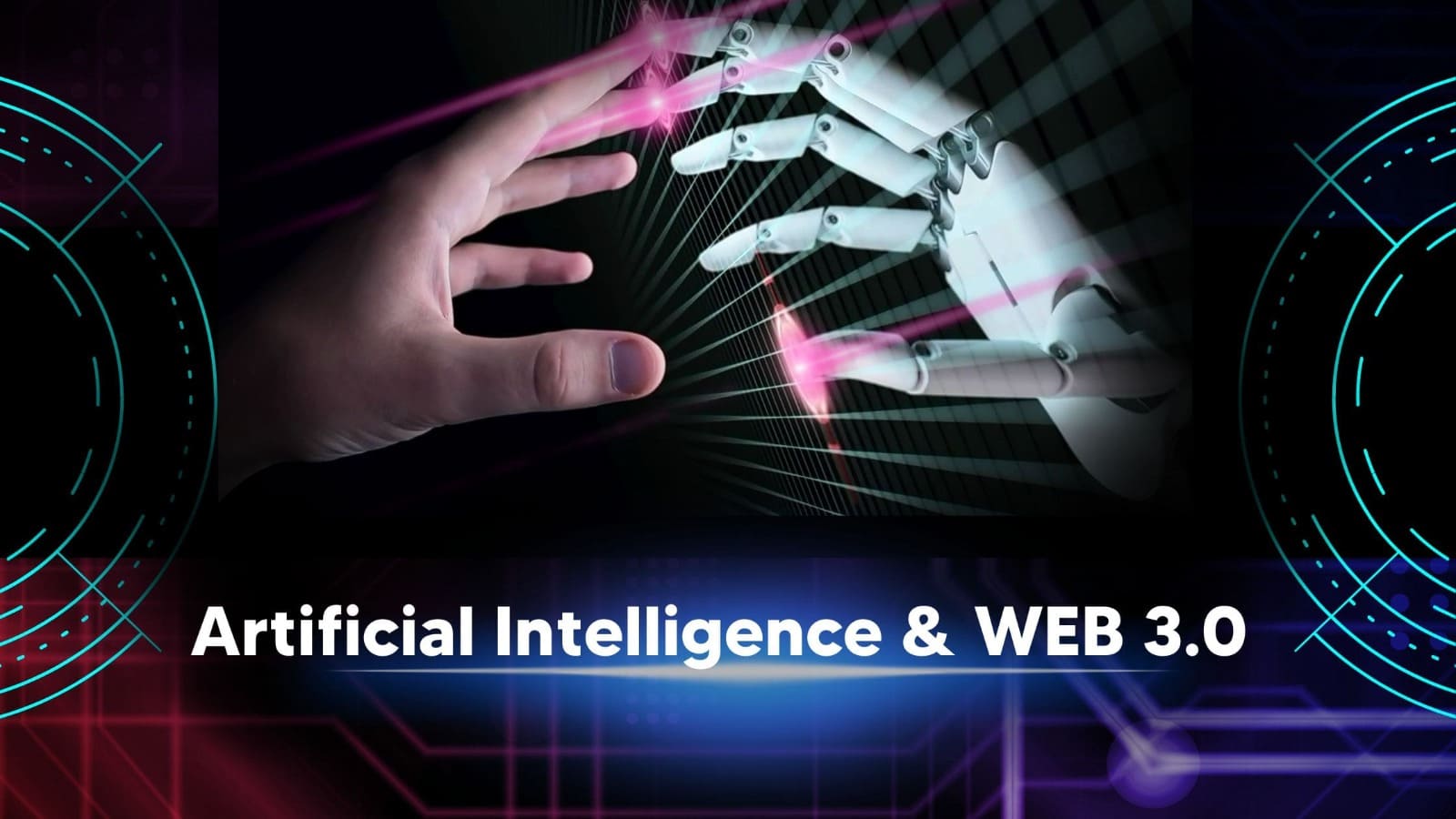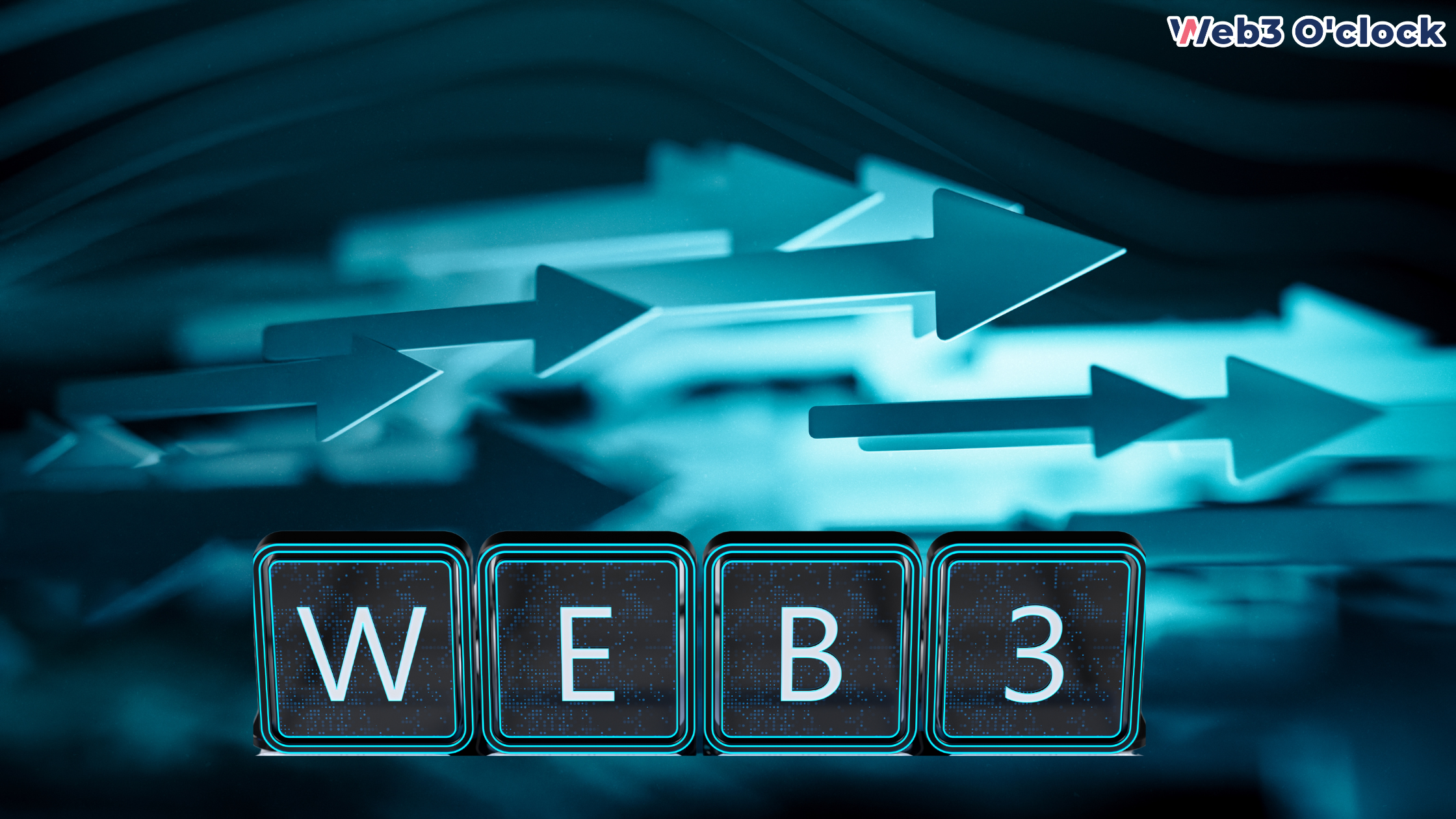The internet has come a long way since its inception, from the static and centralized Web 1.0 to the interactive and social Web 2.0. Now, we are on the cusp of the next evolution of the internet, the decentralized and intelligent Web 3.0. The combination of artificial intelligence (AI) and Web 3 has the potential to transform the digital landscape and create a more intelligent, personalized, and secure decentralized web. In this blog, we will explore the concept of Web 3, the potential of AI to enhance Web 3, and the challenges and risks associated with AI in Web 3.
What is Web 3?
Web 3, also known as the decentralized web, is the next evolution of the internet. It is a paradigm shift from the current centralized model of the internet, where large tech companies control the flow of information and user data, to a more decentralized, open, and community-driven internet. Web 3 is built on the blockchain, a distributed ledger technology that provides security, transparency, and immutability to digital transactions.
How AI can Enhance Web 3
Artificial intelligence (AI) has the potential to enhance the capabilities of Web 3 by providing intelligent, automated, and personalized services to users. AI can help in the following ways:
- Personalization: AI can use data from users’ interactions with the decentralized web to create personalized experiences for them. For example, it can recommend content, products, and services based on users’ preferences and behavior.
- Automation: AI can automate many processes in the decentralized web, such as smart contract execution, identity verification, and dispute resolution. This can reduce the need for intermediaries and increase the efficiency of the decentralized web.
- Prediction: AI can use machine learning algorithms to predict future trends and behaviors on the decentralized web. This can help developers and businesses to make more informed decisions and optimize their strategies.
- Security: AI can enhance the security of the decentralized web by detecting and preventing fraud, hacking, and other malicious activities. It can also monitor the blockchain for suspicious transactions and alert users in real-time.
Use Cases of AI in Web 3
- Decentralized Finance (DeFi): AI can play a significant role in DeFi, which is a fast-growing sector of the decentralized web. AI can help in risk assessment, asset management, and trading strategies. It can also provide automated market-making services and predict future price trends.
- Social Networks: Social networks on the decentralized web can leverage AI to provide personalized content recommendations, automated moderation, and user authentication. AI can also help in building more transparent and democratic social networks by identifying and mitigating fake news and disinformation.
- Gaming: AI can enhance the gaming experience on the decentralized web by providing intelligent and personalized game content, character customization, and in-game purchases. It can also provide anti-cheat measures and fraud detection.
- Supply Chain Management: AI can help in supply chain management on the decentralized web by providing real-time tracking, automated payments, and predictive analytics. This can reduce the need for intermediaries and increase the efficiency of the supply chain.
Challenges and Risks of AI in Web 3
While the potential benefits of AI in Web 3 are significant, there are also several challenges and risks that need to be addressed. These include:
- Data Privacy: AI relies on user data to provide personalized services. However, the decentralized web also prioritizes user privacy and data ownership. Balancing these two aspects is crucial for the success of AI in Web 3.
- Bias: AI algorithms can perpetuate bias and discrimination, particularly if they are trained on biased data. It is important to ensure that AI in Web 3 is fair, transparent, and accountable.
- Governance: The decentralized web lacks a central authority, which makes governance and regulation challenging. Ensuring responsible and ethical use of AI in Web 3 requires a collaborative effort from developers, businesses, and users.
- Scalability: AI requires significant computing power and resources, which may be a challenge in the decentralized web, where nodes are distributed and may have varying computing capabilities.
In conclusion, the combination of AI and Web 3 has the potential to revolutionize the digital landscape.
FAQs
What will be the future of AI in the coming future?
At all levels of education, AI will likely be transformative. Students will receive educational content and training tailored to their specific needs. AI will also determine optimal educational strategies based on students’ learning styles. By 2028, the education system could be barely recognizable.
Is Web3 development the future?
Web3 is the future of the internet and it is happening now. It is a paradigm shift that will transform how we interact, communicate, create, and exchange value online.
What’s the role that AI can play in the metaverse Web3?
The fundamental purpose of AI in Web3 and metaverse is to provide a decentralized, trustworthy platform for engaging in compelling experiences that generate new economic opportunities and enhance social connections.
Can AI replace Web3?
AI automation replaces manual processes in web3 applications, improving accuracy and efficiency.
Is Web3 artificial intelligence?
Artificial Intelligence is human-like intelligence shown by machines trained by feeding data. On the contrary, Web3 ai (based on blockchain) is an upgrade to the present-day Web2, where users can connect via a decentralized network and access their data.











